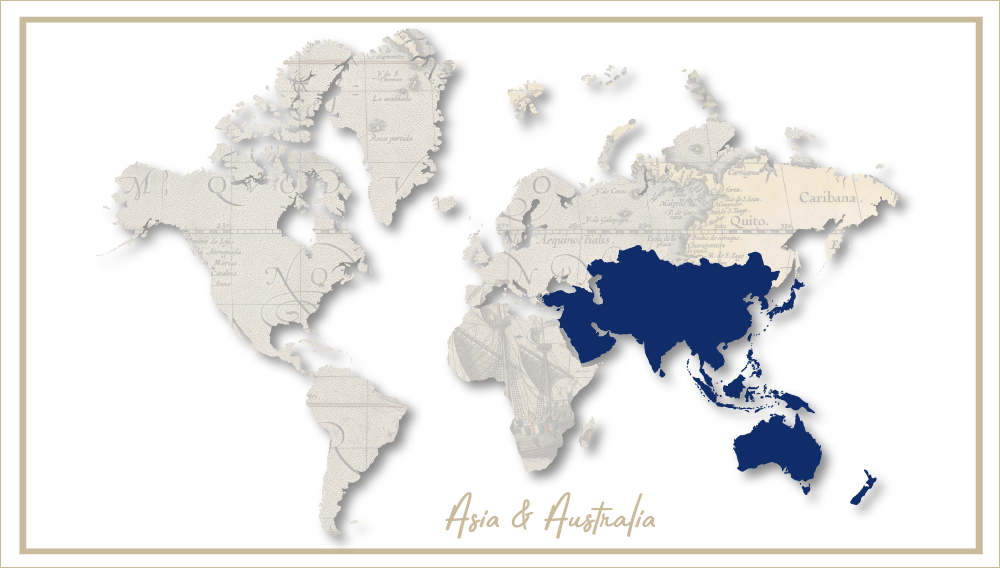Coca-Cola Amatil partners with Casella
It’s been all over town that if Coca-Cola Amatil (CCA) wanted to re-enter the Australian beer scene, it was only through a partnership with the newly opened Casella brewery. Lo and behold, in August 2012 the beverage giant CCA and the beer industry newcomer announced that they have set up a joint venture.
The company behind the Casella brewery is the privately-owned wine company Casella, better known for its international wine brand Yellow Tail.
Casella made a bit of a splash in June this year when it launched its beers Arvo 51 and 34.
Under the terms of the agreement, CCA will lend AUD 46 million to a joint venture vehicle, Australian Beer Company, to double brewing capacity to 500,000 hl at its winery near Griffith in south-western New South Wales. This loan will convert to a 50 percent stake in the business on 16 December 2013 when CCA’s non-compete clause with SABMiller expires.
Terry Davis, CCA’s boss man, has always said that CCA was plotting its return to the Australian beer market from which it had been expelled, following the sale of its 50 percent stake in the beer joint venture Pacific Beverages to partner SABMiller in 2011. One condition laid down by SABMiller was that CCA would not get involved in brewing for two years.
CCA walked away with AUD 170 million – money that cried out for re-investment. Some of it has now been put into the Casella brewery.
"This new agreement with Casella will give CCA the opportunity to access a world class, low-cost brewery which will enable us to re-enter the premium beer market in Australia after 16 December 2013," the CCA chief executive, Terry Davis, was quoted as saying.
The only thing that prevents CCA from causing a big hoopla next year is a big international beer brand to brew under license.
CCA has already entered into agreements with Molson Coors, Modelo and Carlsberg to distribute brews such as Corona Extra in the Pacific Islands and has snapped up Foster’s Fijian beer assets.
But how CCA intends to wrestle the local distribution rights to global beers such as Corona, Stella Artois, Heineken and Beck’s from Japanese-owned brewer Lion is anybody’s guess.
Ever the optimist, Mr Davis said the Australian beer market was still one of the most profitable in the world, but also one of the most concentrated, and retailers and hotels wanted more supplier choice.
"We are already doing business with those customers ... because we are selling them non-alcoholic beverages and spirits," he said. "We have the capability, we have the capacity, we have the sales force plus we have the relationships with the customer," Mr Davis reportedly said.
All he needs now are some big hitting beer brands.

